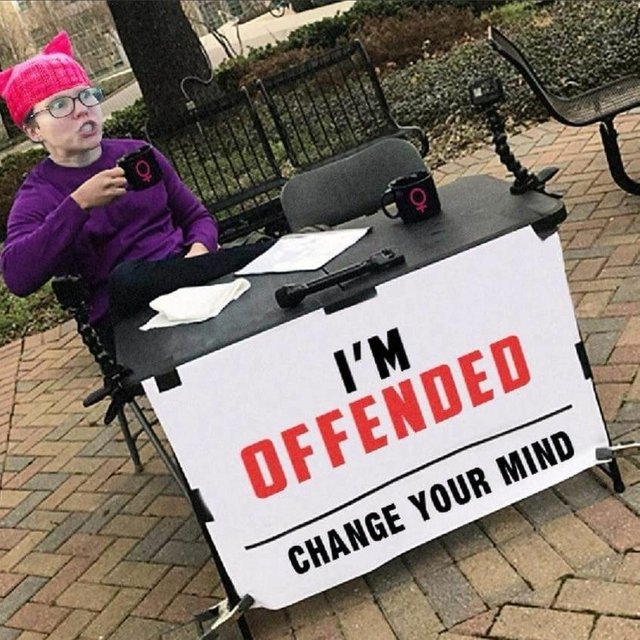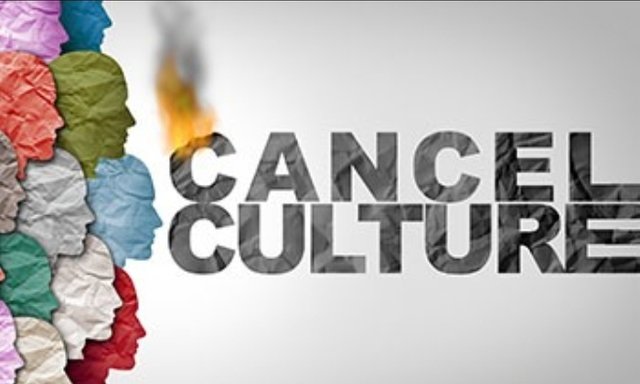The Death of Resilience: How Cancel Culture is Dragging the UK into Chaos

There’s a growing unease gripping the UK, one that whispers of a slow, almost willing surrender of the individual’s freedom of thought, speech, and belief. At the heart of this crisis lies the rise of cancel culture and its sinister counterpart, the so-called "woke" ideology. Once hailed as a call for inclusivity and justice, this movement now seems to have morphed into an Orwellian nightmare where dissent is crushed, and conformity is king.
Gone are the days when resilience was a virtue, epitomised by the old saying: “Sticks and stones may break my bones, but names will never hurt me.” Today, words are deemed more damaging than actions, and offence has become a currency of power. In this brave new world, grown adults are reduced to tears over differing opinions, and social discourse is policed with a zeal reminiscent of dystopian fiction.
We are walking headlong into a nanny state, one where the slightest deviation from the accepted narrative can land you in hot water. Free thinkers are ostracised, humour is dissected for hidden transgressions, and critical voices are silenced. The right to offend—once considered a cornerstone of democracy—is now treated as a crime against humanity.
The rise of this culture is deeply worrying. Words are now equated with violence, and feelings have become the ultimate measure of right and wrong. But where does this end? If we allow offence to dictate our freedoms, are we not paving the way for tyranny? A population that cowers in fear of speaking out is ripe for manipulation. Governments, emboldened by a docile citizenry, could easily impose draconian measures under the guise of protection or morality.

Cancel culture is not about accountability; it is about control. It demands conformity, silences dissent, and erases the rich diversity of thought that has been the hallmark of a free society. In this climate, the individual loses their voice, and the collective becomes a mob, ready to destroy anyone who dares to question.
The UK, with its proud history of free speech and robust debate, must resist this tide. We need to reclaim resilience and teach our children that disagreement is not oppression and that differing opinions are not threats but opportunities for growth. If we lose this battle, we risk waking up one day to find our freedoms eroded, our voices silenced, and our society unrecognisable.
The time to act is now. We must stand firm against the encroachment of cancel culture and refuse to give up our freedoms in the name of appeasement. Sticks and stones may break our bones, but the loss of our freedoms could destroy us all.